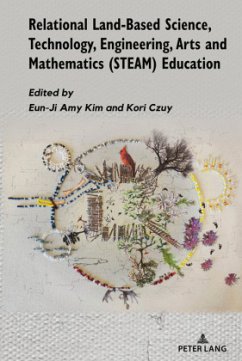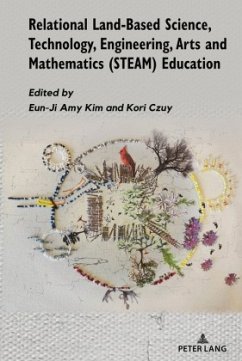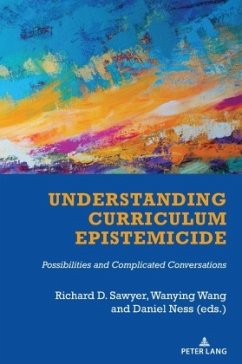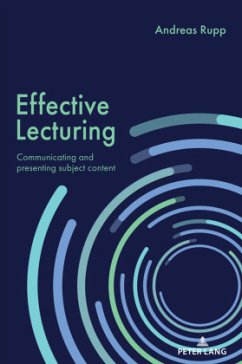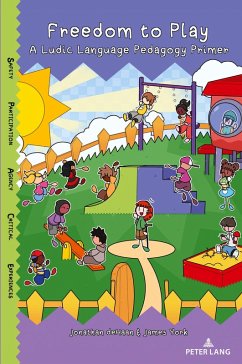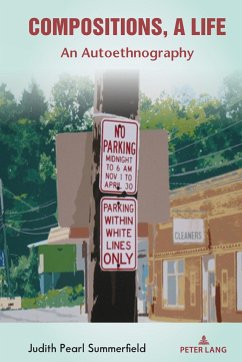
Writing Critically in STEAM
Versandkostenfrei!
Versandfertig in 6-10 Tagen
36,95 €
inkl. MwSt.
Weitere Ausgaben:

PAYBACK Punkte
0 °P sammeln!
Writing can be a tortuous process in any discipline. However, it can be particularly daunting in science, technology, engineering, the arts or architecture, and mathematics (henceforth, STEAM). In fact, it is not uncommon for most STEAM professionals to say things like, "As an engineer, I write only when I have to..." or "engaging in science is easy for me but sitting down and writing my manuscripts are so painful" or "I'm really good at math but I'm a terrible writer..." However, writing can become an easier process in STEAM especially when one's ideas are fleshed out and organized in a syste...
Writing can be a tortuous process in any discipline. However, it can be particularly daunting in science, technology, engineering, the arts or architecture, and mathematics (henceforth, STEAM). In fact, it is not uncommon for most STEAM professionals to say things like, "As an engineer, I write only when I have to..." or "engaging in science is easy for me but sitting down and writing my manuscripts are so painful" or "I'm really good at math but I'm a terrible writer..." However, writing can become an easier process in STEAM especially when one's ideas are fleshed out and organized in a systematic manner. While there are a number of books or articles on reading and writing in specific STEM disciplines, at present, there are no books or supplementary materials that serve to support STEAM learners, practitioners, and even researchers in becoming better critical writers. Writing Critically in STEAM will be the first book of its kind to focus primarily on what the scientist, technology specialist, engineer, artist, art historian, or architect, and mathematician needs to know in order to become a finer writer in one's field. In addition, given the current post-truth zeitgeist, Writing Critically in STEAM addresses the essential issue of evidence as a means of supporting scientific and scientifically related claims.








